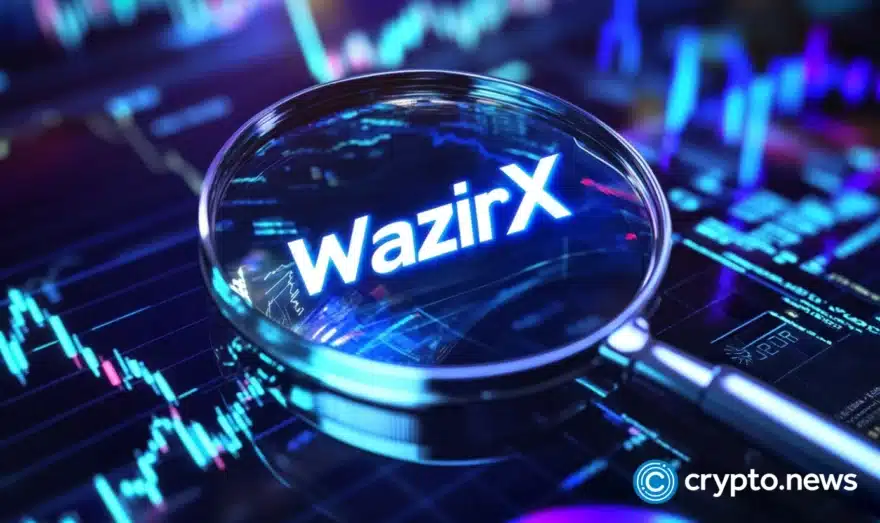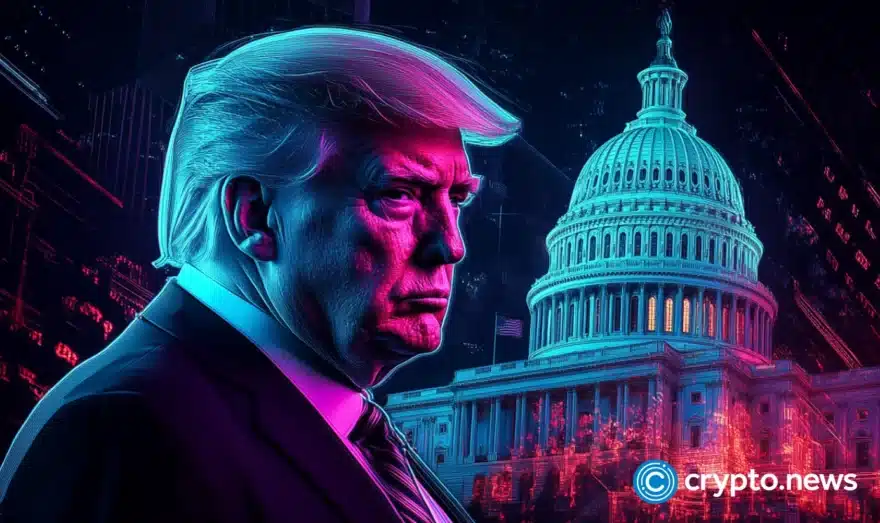New turmoil swings Indian crypto exchanges in balance

India’s stringent crypto taxation and shadow banking ban have driven crypto exchanges into survival mode. Despite this challenge, the industry is adapting, with exchanges exploring innovative strategies to stay afloat.
India‘s imposing a stringent 30% tax on crypto profits and a 1% TDS on transactions in March 2022, coupled with the shadow banking ban later, have propelled crypto exchanges into a survival mode.
With trading volumes experiencing rapidly shrinking as of May 28, some exchanges have been forced back to the drawing table.
This predicament in India starkly contrasts with European nations, where proposals laid out in the Markets in Crypto Assets (MiCA) European lawmakers approved the bill.
As Indian exchanges grapple with regulatory headwinds, here’s how three of them are navigating through these challenging times.
CoinSwitch: pivoting towards a wealth-tech destination
CoinSwitch, formerly CoinSwitch Kuber, has undergone significant transformations, moving from a crypto exchange to a broader crypto investment platform. This pivot came in response to the multi-faceted challenges of taxes, the crypto winter, and scrutiny from Indian agencies.
CEO Ashish Singhal has emphasized the company’s frugality, stating that their careful expense management has contributed to the ability to serve a vast user base of over 19 million registered users. CoinSwitch now offers many investment options, including fixed deposits, mutual funds, and Indian stocks.
Despite not providing a specific timeline for their operational runway, Singhal reassured investors that the company’s “healthy runway” will allow them to achieve their long-term vision of becoming a comprehensive wealth-tech destination for Indians. As part of its strategy, the company has strengthened its leadership team with industry experts to navigate regulatory challenges better.
CoinDCX: embracing diversification and innovation
CoinDCX, one of the top players in the Indian crypto landscape, has adopted a strategy of diversification and innovation to manage the current challenges. Co-founder Neeraj Khandelwal states that their recent series D funding round, which raised $135 million, provides the firm a runway of about four years under current conditions.
The firm’s key focus is on its Okto Wallet, betting on the potential growth of DeFi to eventually deliver a tenfold return on investment. CoinDCX has been actively engaging with lawmakers through the industry’s policy advocacy body to foster a supportive regulatory environment.
Despite the difficult conditions, CoinDCX remains committed to technology and innovation, recruiting new talent and avoiding overhiring. Their commitment to a solid, long-term strategy puts them in a favorable position to navigate the challenges ahead.
WazirX: resilience through renegotiation and cost management
WazirX, once India’s largest exchange by trading volume, continues to endure despite several setbacks over the past year. With a current runway of 21 months, WazirX is keenly focused on survival, negotiating contracts with partners, and managing costs to extend its operational lifespan.
Despite laying off 40% of its workforce, the company remains dedicated to its core business, opting not to diversify but to stay focused on crypto. The belief is that by remaining resilient and operational, WazirX can leverage future events like the Bitcoin halving in May 2024 to revive its fortunes.
Furthermore, WazirX plans to capitalize on its sizable user base of 15 million registered users to attract potential partnerships, such as its recent collaboration with tax solutions provider TaxNodes.
The Indian crypto market faces severe challenges
Since the Indian government’s decision to heavily tax income from crypto and virtual digital assets, the country’s cryptocurrency ecosystem has been severely impacted.
The harsh tax regime has deterred local investors and prompted them to shift their investments to offshore platforms where tax rates are more favorable.
Between February and October 2022, Indian investors moved an estimated $848.6 million in trade volume to foreign crypto exchanges. This transition was highlighted in a study by the Esya Centre, a tech policy think tank. As a result, the already battered Indian crypto industry, hurt by the declining value of cryptocurrencies and regulatory hurdles, faces further setbacks.
Role of regulatory frameworks in crypto survival
The survival of any emerging sector largely hinges on supportive regulatory frameworks. As India holds the presidency of the G20 in 2023, the country is uniquely positioned to frame globally coordinated rules for the crypto sector.
This move could provide some regulatory clarity for Indian crypto businesses, aligning them with the Financial Action Task Force (FATF) guidelines on virtual assets.
Regulatory examples from other nations further underscore this point. Take the case of Japan, which has established a regulatory sandbox for crypto companies, allowing them to test innovative ideas in a controlled environment. Similarly, Switzerland’s ‘Crypto Valley‘ in Zug provides a legal framework for crypto companies to flourish.
Staying afloat amid harsh tax regimes
Given the current regulatory climate, there is a need for exchanges to devise a robust action plan. One possible approach is to advocate for fairer tax laws actively. Collaborative engagement with regulators, explaining the potential of cryptocurrencies and blockchain technology, can lead to a better understanding and potentially more favorable regulations.
Another critical area of focus should be the strengthening of security measures and the demonstration of financial transparency. As CoinSwitch has shown, implementing proof-of-reserve systems can reassure users about the safety of their funds and enhance their trust in the exchange.
Finally, exchanges can seek to diversify their offerings and expand into promising areas like web3 technology, thereby reducing their reliance on traditional crypto trading. This would allow them to tap into a broader market, mitigating some of the impacts of the harsh tax regime.
All these efforts can aid Indian exchanges in navigating the current rough waters, helping them stay afloat and possibly thrive in the evolving global crypto ecosystem.
India’s crypto industry future
The Indian government’s interest in exploring its digital currency – the e-Rupee – signals a willingness to engage with the potential of blockchain technology. This could eventually open up new opportunities for innovation and collaboration within the Indian crypto ecosystem.
However, the high uncertainty surrounding the future of crypto regulation in India underlines the importance of ongoing dialogue between the crypto industry and regulators.
While the road ahead appears challenging, there are precedents of industries thriving despite initial hurdles. The internet boom of the late ’90s offers a potent example. Despite the infamous ‘dotcom’ bubble burst, the survivors adapted, innovated, and emerged stronger, paving the way for today’s digital era.
As the world embraces the crypto revolution, how India navigates its path in this dynamic landscape remains to be seen.














